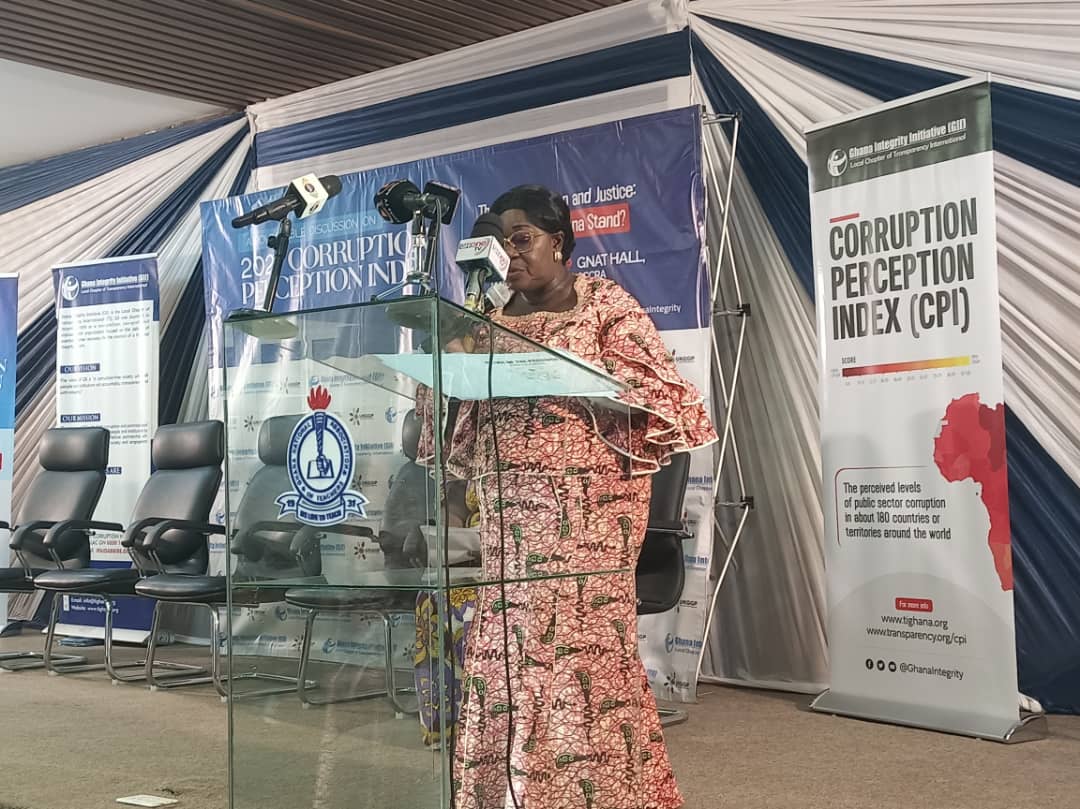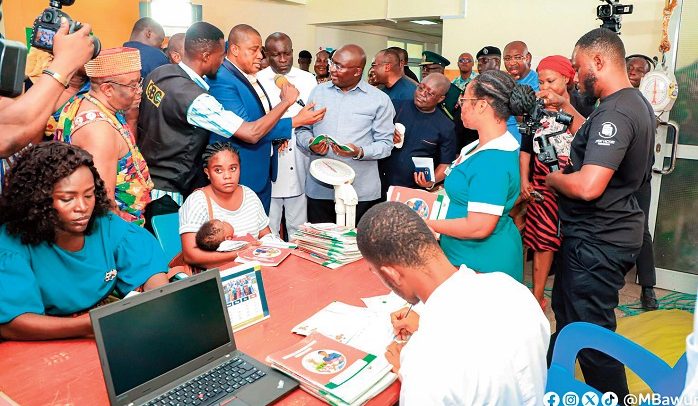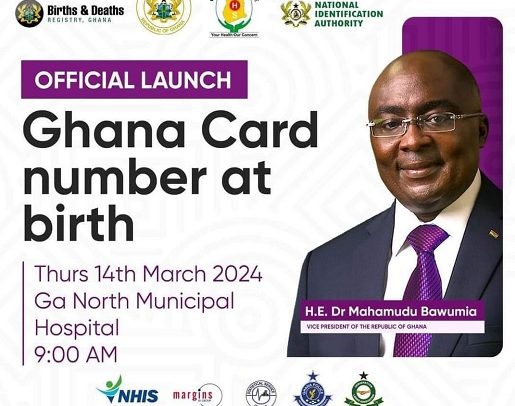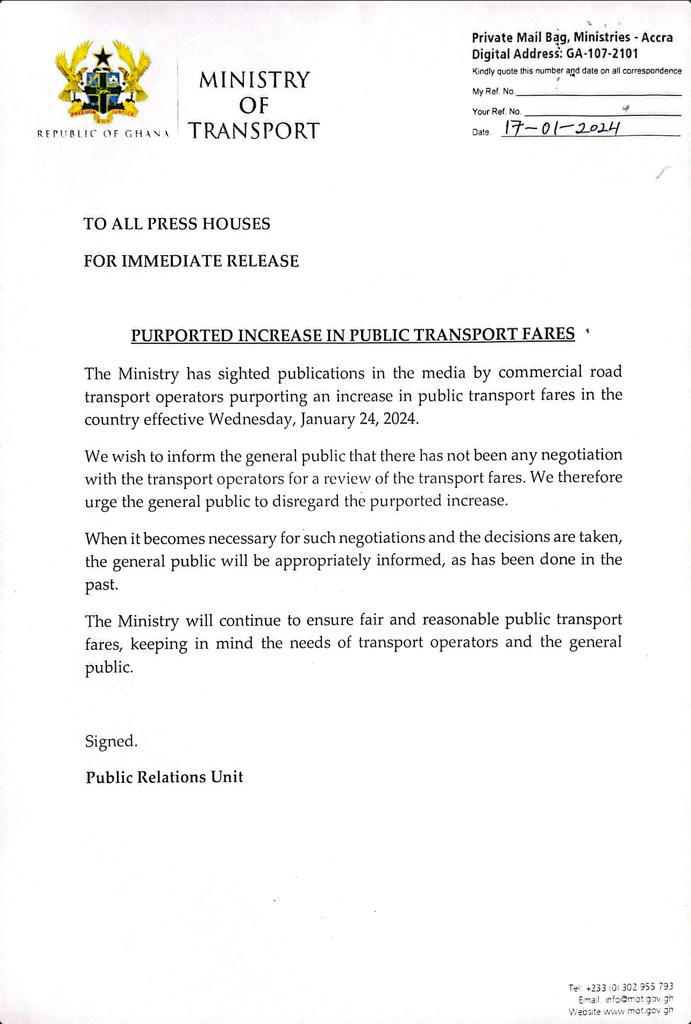
By Napoleon Ato Kittoe
A great number of anxious passengers in queues to board unavailable State Transport buses on Sunday, 28 April, 2024. Most of the travelers abandoned the Sunday journey and waited till the next day, only to face long, winding queues with only three buses to contend with.
The maximum passenger intake for each bus is 31. The passengers are in hundreds. The numbers skyrocket if you throw a view further afield.
Long queues are avoided but latter-day passengers are charged exorbitantly and given buses. The fare is 120 cedis, they charge between 160 and 200 before giving seats to the latter.
Location of this scarcity is the Ashanti regional capital, Kumasi. It is not clear the causes of this mismatch, but some observers believe a lot of Ashantis living in Accra throng the Garden City to participate in Asantehene’s Silver Jubilee Anniversary.

Adjoined to the State Transport Yard in Asafo, Kumasi is its competitor, the VIP transport terminal. There too, the crowds are overwhelming, causing a fret in travelers.
Between Accra and Kumasi, the two largest cities in Ghana, are active air transport but soaring air ticket prices are not within the affordance of the average traveler.
It is a spectre that Ghana, a country which abounds in natural resources, actively collecting taxes, and with significant international in-flows, falls short of rail link between her two largest urban settlements for lack of rail infrastructure, which could have been a reliable alternative to roads.

The smallness of air and rail transport is inversely-related to transportation by road in Ghana, yet the latter is fraught with teething challenges, one of which has surfaced in Kumasi – shortage of buses.
Read Full Story






















Facebook
Twitter
Pinterest
Instagram
Google+
YouTube
LinkedIn
RSS